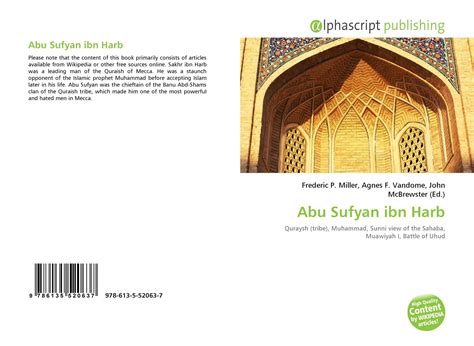A Quote by Jacob Collier
So the language of musical harmony is an absolutely extraordinary one. It's a way of navigating one's emotional frameworks, but without the need to put things into words, and I think that, as with many other languages, it doesn't matter how much you know about a language.
Related Quotes
I work in Hebrew. Hebrew is deeply inspired by other languages. Not now, for the last three thousand years, Hebrew has been penetrated and fertilized by ancient Semitic languages - by Aramaic, by Greek, by Latin, by Arabic, by Yiddish, by Latino, by German, by Russian, by English, I could go on and on. It's very much like English. The English language took in many many fertilizations, many many genes, from other languages, from foreign languages - Latin, French, Nordic languages, German, Scandinavian languages. Every language has influences and is an influence.
I'm German! Actually, I love my countr, ;I love the language. The German language is very special because it is so precise. There is a word for everything. There are so many wonderful words that other languages don't have. It is impressive to have such a rich language, and I love to work in that language.
I personally feel that there's a lot of music journalism that is dominated by genre, because you need a language in which to write, but actually the things that strike people about music, are very hard to write about, and its sonic connections, it's a sense of harmony that I think we all have even if we don't know how to express it - it's something musical, it's synapse connections in our brain.
Being a slow reader would normally be a deficiency; I found a way to make it an asset. I began to sound words and see all those qualities - in a way it made words more precious to me. Since so much of what happens in the world between human beings has to do with the inconsideration of language, with the imprecision of language, with language leaving our mouths unmediated, one thing which was sensuous and visceral led to, in the use of language, a moral gesture. It was about trying to use language to both exemplify and articulate what good is.
One of my favorite literary theorists, Mikhail Bakhtin, wrote that the defining characteristic of the novel is its unprecedented level of "heteroglossia" - the way it brings together so many different registers of language. He doesn't mean national languages, but rather the sublanguages we all navigate between every day: high language, low language, everything. I think there's something really powerful about the idea of the novel as a space that can bring all these languages together - not just aggregate them, like the Internet is so good at doing, but bring them into a dialogue.
Language is the primary way we communicate with each other, and we have really strong feelings about what words mean, and about good language and bad. Those things are really based on sort of an agglutination of half-remembered rules from high school or college, and our own personal views on language and the things we grew up saying, the things we grew up being told not to say.
One of the reasons I love language is that concerning semiotics, language is an arbitrary sign system, which means the signs within it are free-floating, but we put them in a certain order to get them to have meaning for us. If we left them alone, they'd be like water, like the ocean. It would be just this vast field of free-floating matter or signs, so in this way, I think language and water have much in common. It's only us bringing grammar and syntax and diction and the human need for meaning that orders language, hierarchizes it.
Language designers want to design the perfect language. They want to be able to say, 'My language is perfect. It can do everything.' But it's just plain impossible to design a perfect language, because there are two ways to look at a language. One way is by looking at what can be done with that language. The other is by looking at how we feel using that language-how we feel while programming.
Lying is the misuse of language. We know that. We need to remember that it works the other way round too. Even with the best intentions, language misused, language used stupidly, carelessly, brutally, language used wrongly, breeds lies, half-truths, confusion. In that sense you can say that grammar is morality. And it is in that sense that I say a writer's first duty is to use language well.
When I hear myself speak French, I look at myself differently. Certain aspects will feel closer to the way I feel or the way I am and others won't. I like that - to tour different sides of yourself. I often find when looking at people who are comfortable in many languages, they're more comfortable talking about emotional stuff in a certain language or political stuff in another and that's really interesting, how people relate to those languages.
It has not been definitively proved that the language of words is the best possible language. And it seems that on the stage, which is above all a space to fill and a place where something happens, the language of words may have to give way before a language of signs whose objective aspect is the one that has the most immediate impact upon us.



































